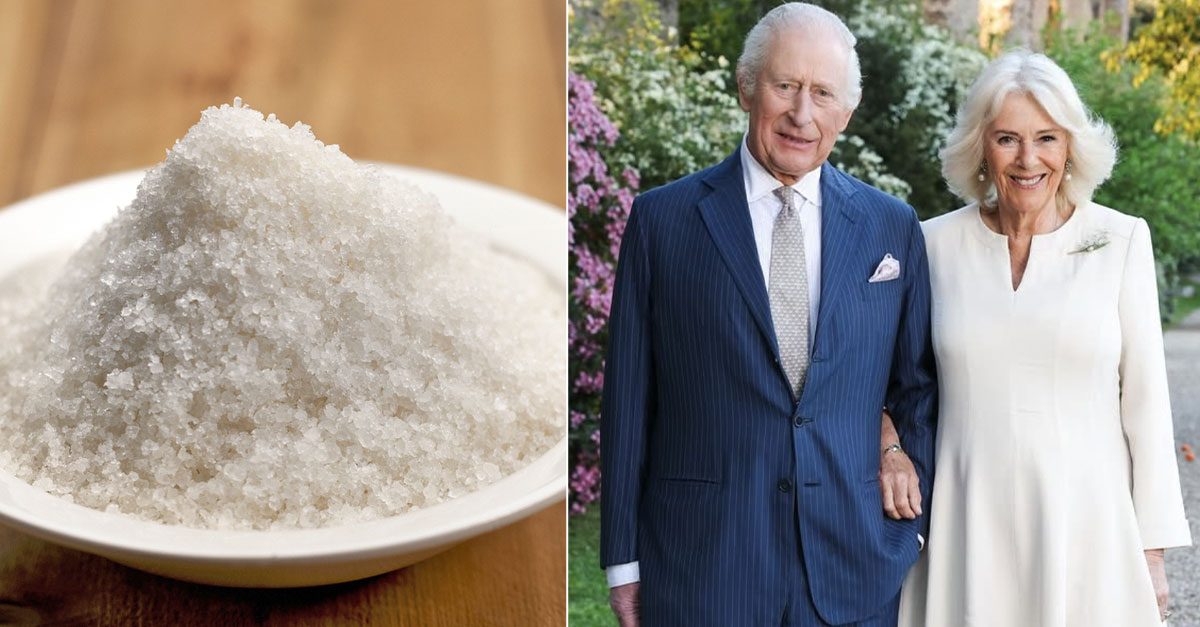Here’s What Makes Mascarpone So Uniquely Different From Cream Cheese
You'd agree that good quality cheese will always hit differently. Cheese is a must have in every home and that's not only because of the versatility of its use, but also because of its amazing taste profile. In this article, we discuss the major differences between cream cheese and mascarpone, which are most commonly mistaken for each other. Professionals say that although these have a great number of similarities, they have subtle differences that can help determine the appropriate way to use them.
;Resize,width=742;)
Mascarpone and cream cheese are most commonly used to garnish desserts, as a filling for pastries or even whipped into famous sweets like tiramisu, tarts, and parfaits.
That is because of the numerous similarities in their features, ranging from appearance to the taste profile. Still, a professional baker will always know that mascarpone and cream cheese are absolutely different.
Here are the major differences between mascarpone and cream cheese:
1. They have different countries of origin
Mascarpone originated from the Lombardy region of Italy during the Middle ages while, cream cheese was invented by a farmer in upstate New York around 1872.

2. They are made in distinctly different ways
Mascarpone is made from fresh cow's milk and is traditionally double- or triple-creamed. On the other hand, cream cheese is crafted from pasteurized cow's milk and is best described as a soft and unripened cheese.

3. They contain different amounts of milk fat
From the rich texture and decadence of mascarpone, you can easily tell that it has more milk fat than cream cheese, which is known for its more acidic flavor. Food and Drug Administration's official guidelines state that cream cheese must contain at least 33% milk fat and a maximum of 55% moisture by weight while, mascarpone is typically made from whole cream, giving it a much higher fat content.
BOTTOMLINE
Mascarpone and cream cheese are indeed very different from each other and knowing their distinct features can change your dessert game! Regardless of your choice, you are in for a delightful treat!
;Resize,width=767;)
;Resize,width=712;)

;Resize,width=712;)
